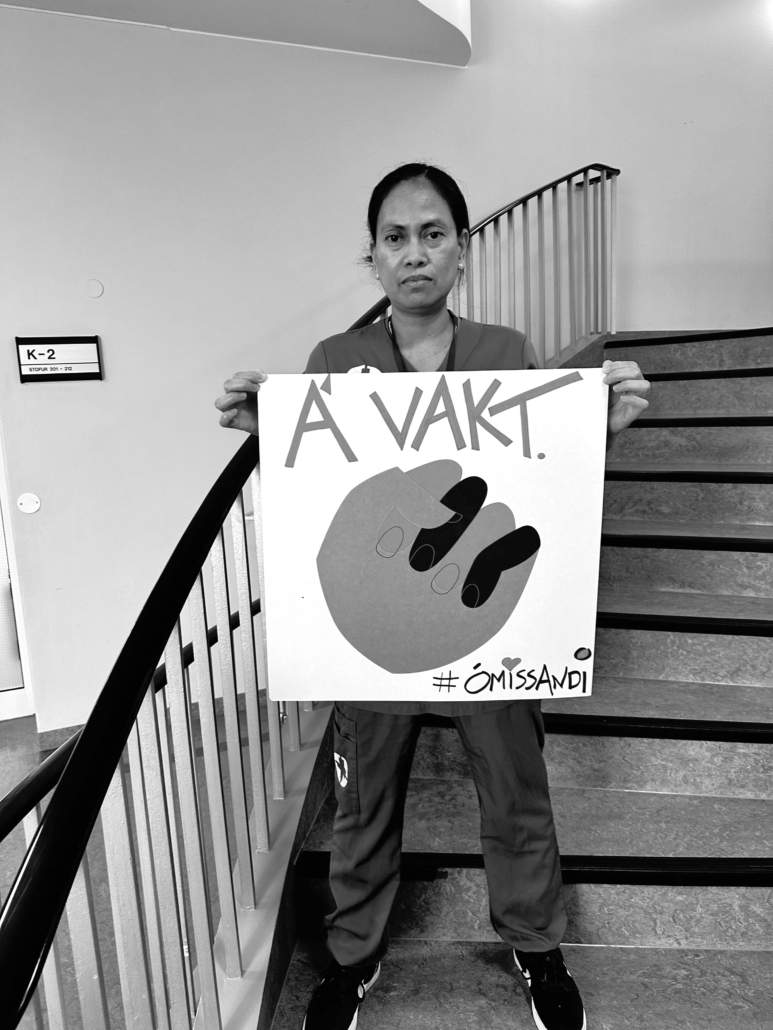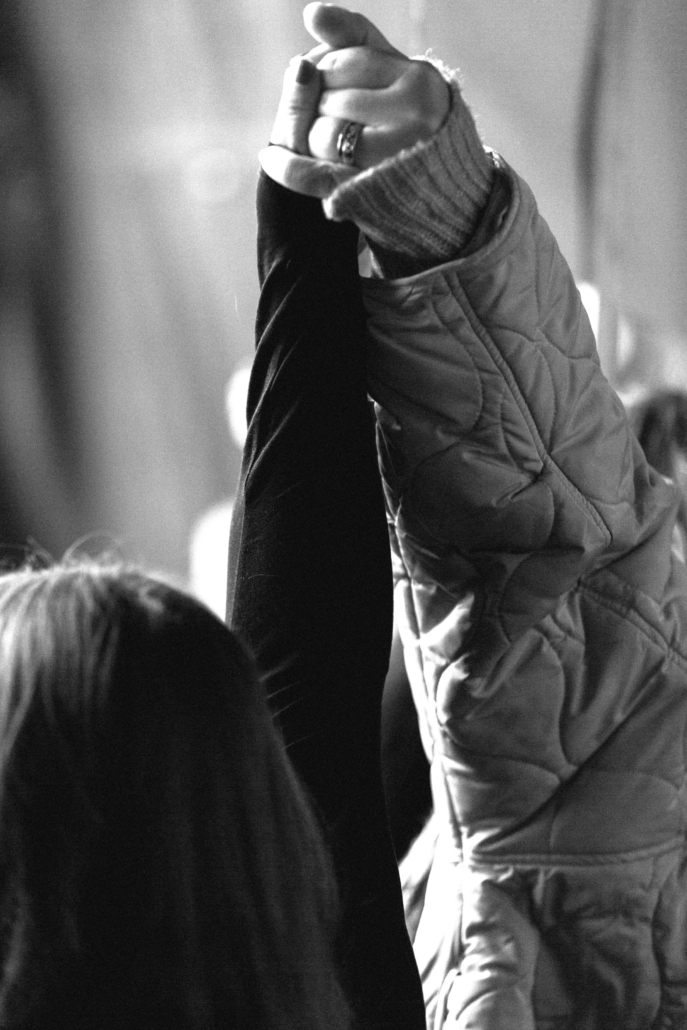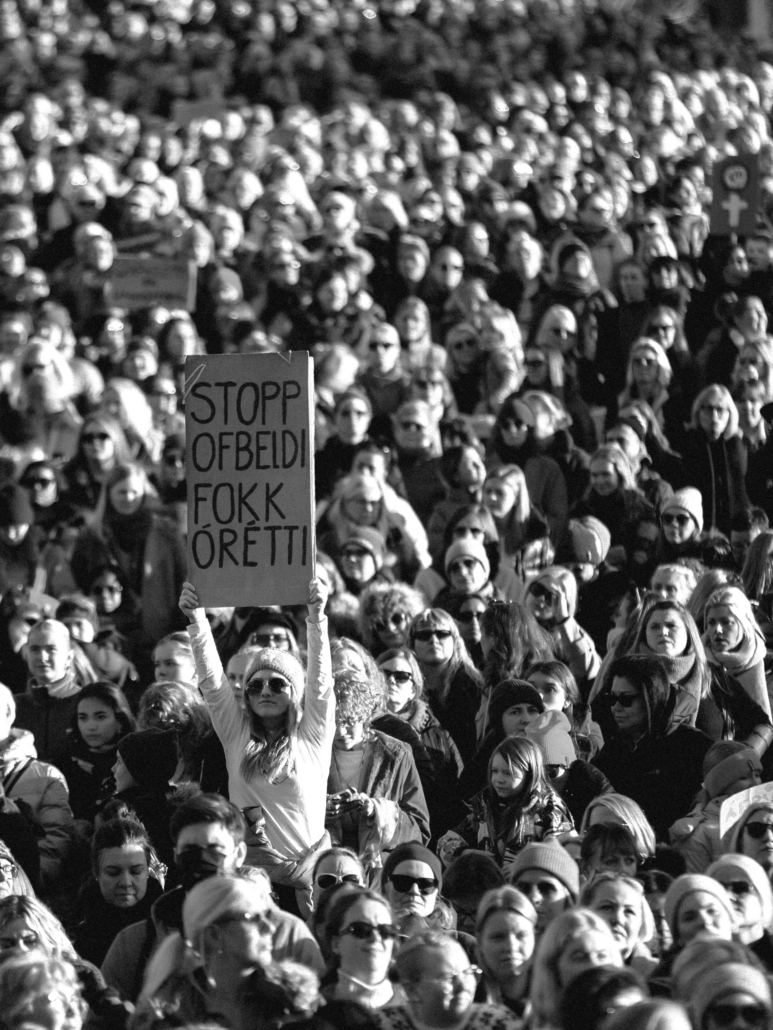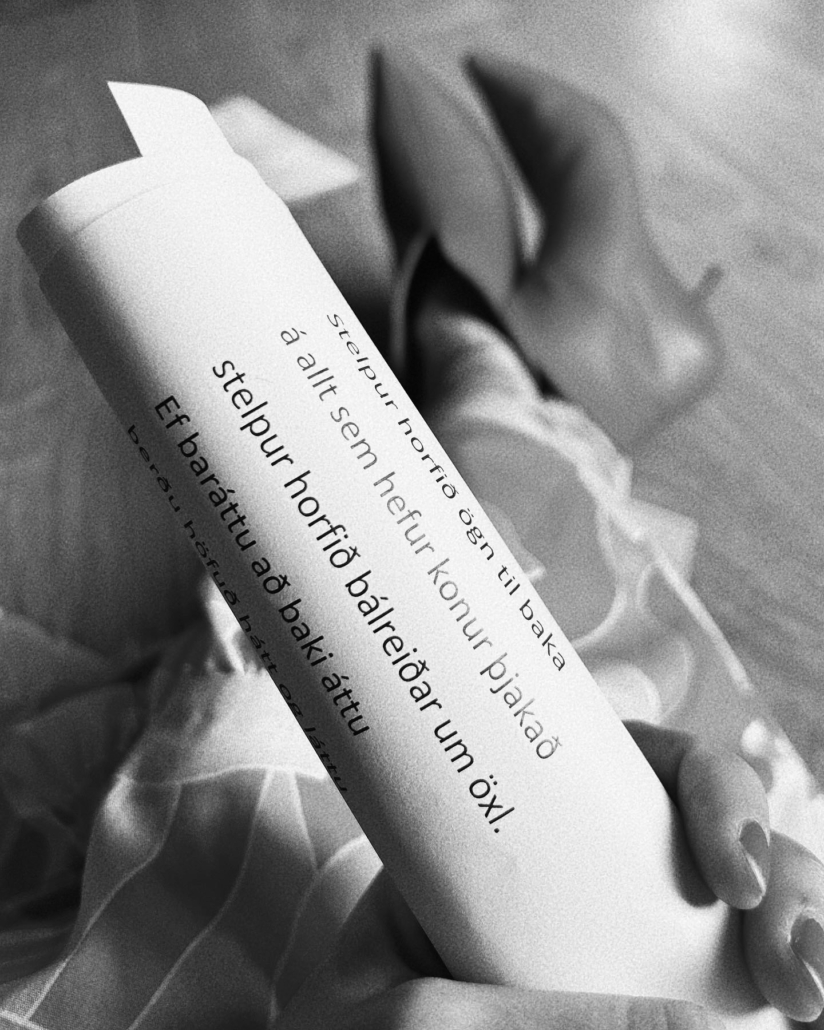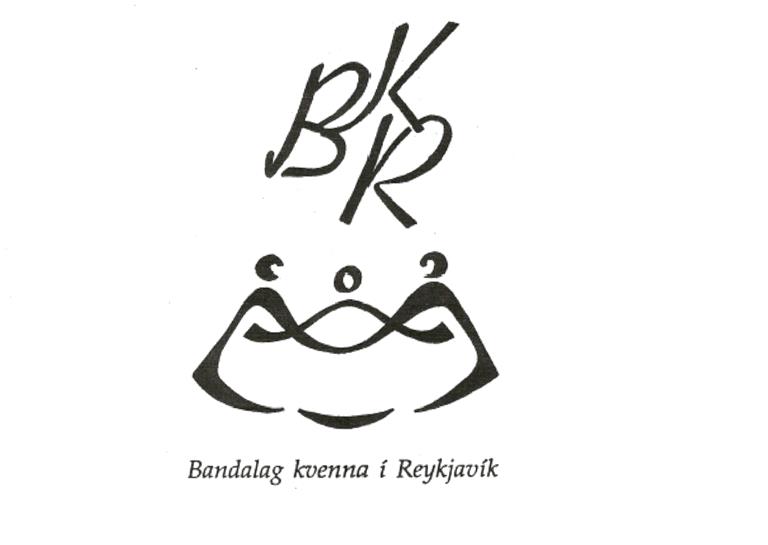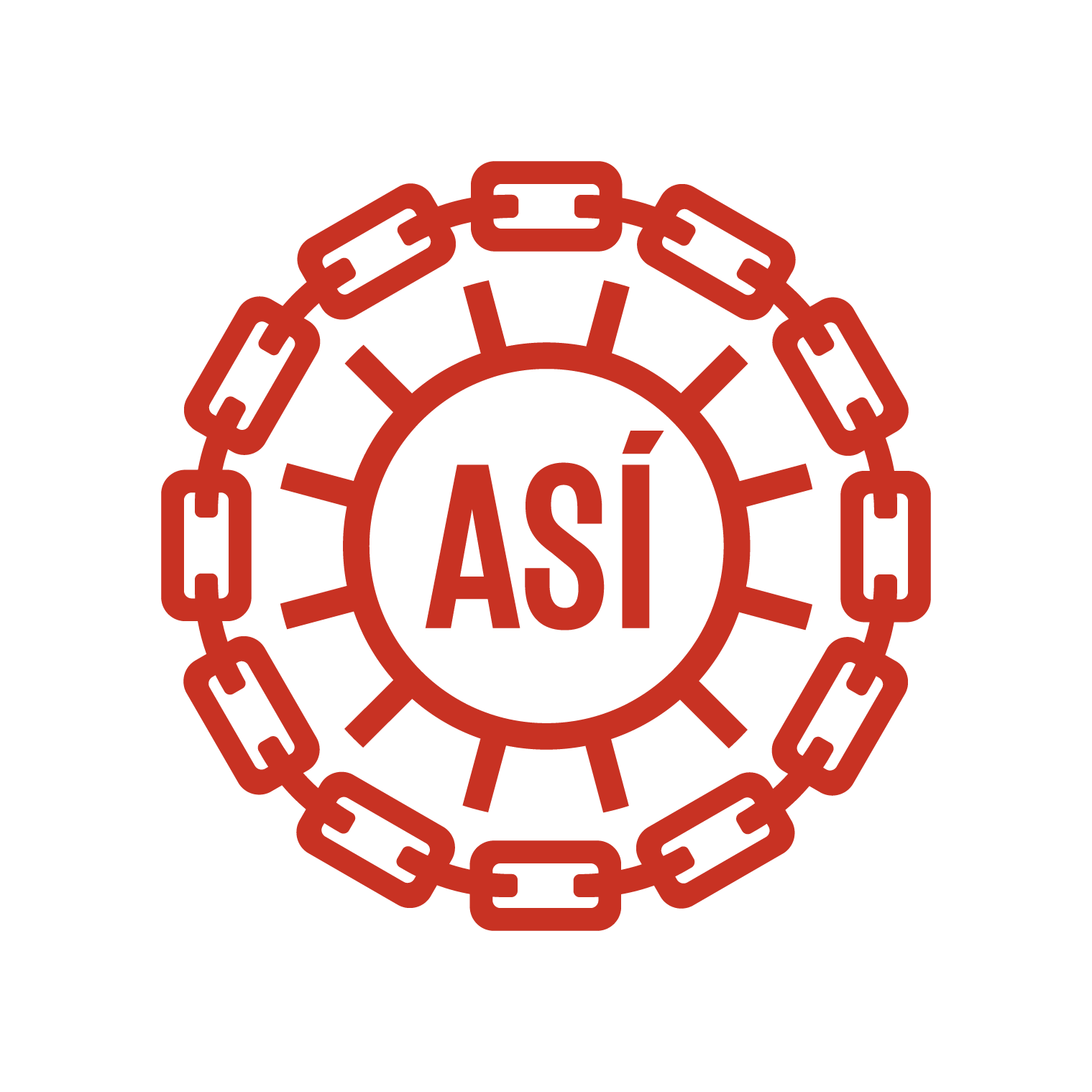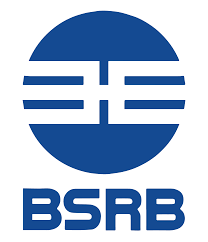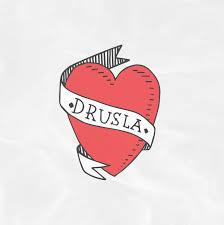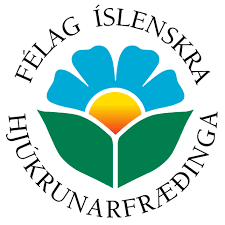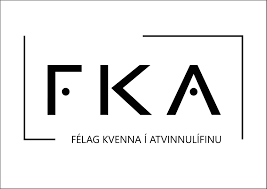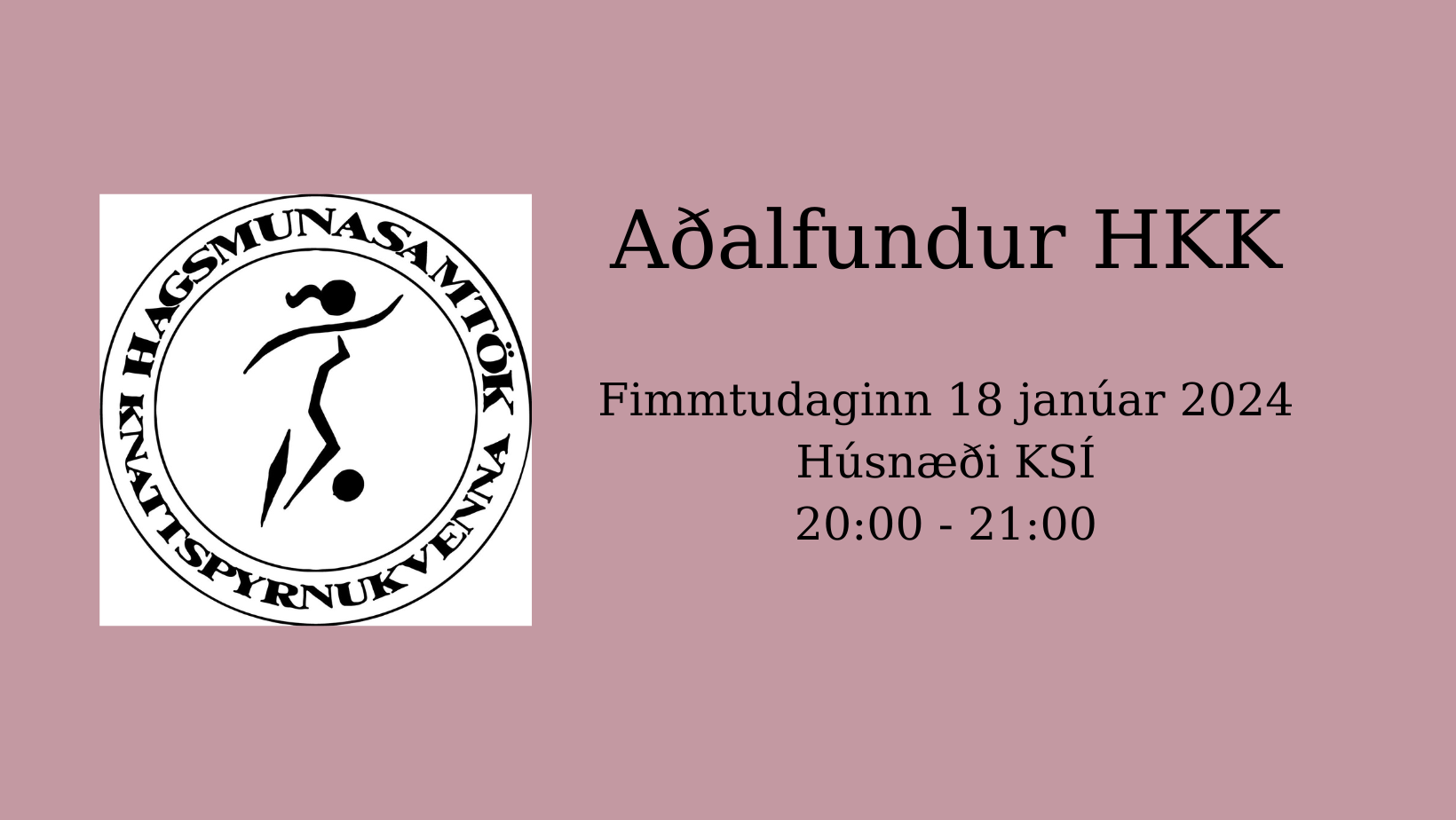Iceland has a long way to go until full equality is achieved. Women and nonbinary people still live with a variety of discrimination, for example wage inequality, and an epidemic of gender-based violence is still raging here. Certain groups are the most disadvantaged, women of foreign origin, queer women, women with disabilities, women with low-income, and homeless women. Gender inequality affects women’s health and well-being, and the number of women among disability pensioners has increased.
For half a century, women, and now nonbinary people, have come together on October 24th to demand action for equality in Icelandic society. Last year, over 100,000 women and men stopped work in order to demand change. But little has changed and now action must be taken. Actions against violence, actions against the gender wage gap, actions to improve the status of mothers and actions against discrimination in the labor market.
Underestimation of women’s jobs and equal pay
Women’s earnings are still around 21% lower than men’s. The main reason for the gender wage gap is the gendered labor market, and the underestimation of traditional women’s jobs. The working days of women of foreign origin are longer and more irregular than in general among women in Iceland, and their wages are lower. Women who work in cleaning and childcare receive the lowest wages in Icelandic society. Financial independence is a prerequisite for ensuring the safety and freedom of women and children. The government needs to stand with women and nonbinary people and take action to:
- Correct the systematic underestimation of women’s jobs
- Ensure that jobs of equal value can be compared across workplaces
- Complete the work on a comprehensive valuation system and revise job evaluations at municipalities Ensure a similar system for supplementary wages
- Establish a negotiation process that makes it easier for individuals to raise equal pay demands
- Establish rules for wage transparency based on the EU model, but take special account of the Icelandic labor market, and ensure active monitoring
Women’s unpaid work and care responsibilities
Women more often have to reduce their paid work in order to do unpaid work within the home. More than half of all children do not get a preschool placement until after 18 months of age.
The care gap affects the income, opportunities and pension rights of mothers more than fathers. The income of mothers drops by 30-50% when a child is born, and in the third year it is still significantly lower than before. The income of fathers drops by 3-5% when a child is born, but has become the same as before after one year. Single mothers have a very hard time making ends meet.
- Legislate children’s right to preschool immediately after maternity leave
- Abolish cuts to minimum maternity leave payments and ensure that maternity leave payments are never lower than the minimum wage
Gender-based violence
About 40% of women have experienced violence in their lifetime, but trans people, including nonbinary and other genderfluid people, disabled women and women of foreign origin are more likely to experience violence than others. 15% of girls in the 10th grade and 6% of boys have been sexually abused by another teenager. Cyber violence can be just as serious as violence in the real world, and 58% of girls and 35% of boys have experienced digital sexual violence. Those who care for young victims of sexual violence increasingly see a strong connection between pornography and the victims’ descriptions of the violence. The consumption of pornography among children and teenagers has become so common that this has become their main means of getting information, much more so than actual sex education. People who work with children and teenagers see the tangible effects of pornography on their relationships – lack of boundaries, disrespect, unwelcome touching and crude language. In addition, we must respond to hate speech and prejudice against queer youth with appropriate education in schools.
- Adequate services should be guaranteed to victims of crime, such as interpretation services and access, in communication with public institutions. This means that skills development, especially in relation to the status of marginalized groups, is made mandatory. This applies to judges, prosecutors, the police and others involved in cases related to gender-based violence.
- Laws on rape and other sexual offenses and other gender-based violence should be revised to include cyber and social media offenses.
- Restricting young people’s access to pornography with access control.
- Gender studies, queer studies and education about the manifestations of gender-based violence and communication skills should be included in the curriculum of primary and secondary schools.
- Ensuring young people’s access to anonymous counseling and chat with counselors.
A restraining order is severely lacking when it comes to having the desired effect, since a violation against it does not have immediate consequences. A violation should incur fines that would be imposed when the violation is committed. It is common that when women and nonbinary people expose the violence they are subjected to and demand that the perpetrators be held accountable in some way, they are hit back hard, including with defamation lawsuits that endanger their financial future no less than the mental well-being of the whistleblower. Hate speech based on gender and sexuality has become prominent and widespread. In the latest report of the International Monitoring Committee on the Elimination of Discrimination against Women, it is emphasized that Iceland needs legislation that makes this type of hate speech a criminal offense.
- Violation of a restraining order must have consequences so that the restraining order has an effect, and the police should be given more authority to apply a restraining order
- A law should been passed on the protection of whistleblowers in sexual harassment and violence cases, which covers victims who report violence.
- Hate speech based on gender inequality, misogyny and other types of hate speech based on gender should be made a criminal offense.
The reasons why people, mainly women and nonbinary people, end up in prostitution are for the most part due to a lack of money, and therefore economic independence is a key factor in preventing this violence, no less than control over one’s own body. However people define prostitution, most consider it important to have a way out on social grounds.
- Income, housing and protection must be ensured to make it easier for people to escape from prostitution and/or human trafficking.
Why Kvennaár?
It has been 50 years since women all over Iceland stopped their paid and unpaid jobs and brought the country to a standstill. And yet, despite a tireless struggle for half a century, women in Iceland still have to endure inequality and violence.
Record participation in the Women’s Strike a year ago, in 21 locations across the country and the largest outdoor meeting in Iceland’s history in Reykjavík, definitely showed that we are ready to take over from the baton from women who came before us and continue the fight against injustice. Empowerment, fighting spirit, and a clear call for change characterized this tremendous act of solidarity just like in 1975. A society that stands up so strongly against inequality has all the potential to become a real equality paradise.
In order to follow the Women’s Strike, we, multiple organizations of feminists, women, workers, disabled and LGBTQIA+ people are joining hands again and present our demands. We give the government one year or until October 24, 2025 to implement these demands into legislation and take action to ensure full and final gender equality.
We are not going to wait any longer! In order to follow the demands and continue the revolution, we are also announcing Women’s Year 2025, during which we plan to cooperate closely in our activism for a society where everyone has equal opportunities and possibilities. The further program of the Women’s Year 2025 will be announced at the beginning of the year.
Now we join hands once again and rally behind the demands. We know that our collective power is unstoppable. History shows us that. We dare, we can, we will!
Organisers
- Aflið
- Alþýðusamband Íslands
- Bandalag kvenna í Reykjavík
- BHM – Bandalag háskólamanna
- BSRB
- Druslugangan
- Femínísk fjármál
- Félag íslenskra hjúkrunarfræðinga
- FKA // Félag kvenna í atvinnulífinu
- Hagsmunasamtök brotaþola
- Hagsmunasamtök knattspyrnukvenna
- Icefemin
- Kennarasamband Íslands
- KÍO // Konur í orkumálum
- Konur í lögmennsku
- Kvenfélagasamband Íslands
- Kvennasögusafn Íslands
- Kvenréttindafélag Íslands
- Kynjafræði við Stjórnmálafræðideild Háskóla Íslands
- Læti! tónlist // Stelpur rokka!
- Menningar- og friðarsamtök íslenskra kvenna
- Q – félag hinsegin stúdenta
- Rótin félagasamtök
- Samtök starfsmanna fjármálafyrirtækja -SSF
- Samtök um Kvennaathvarf
- Samtökin ’78
- Soroptimistasamband Íslands
- Stígamót
- Trans Ísland
- UAK // Ungar athafnakonur
- WIFT – Félag kvenna í kvikmyndum og sjónvarpi á Íslandi
- W.O.M.E.N. in Iceland
- WomenTechIceland
- ÖBÍ
- Öfgar

